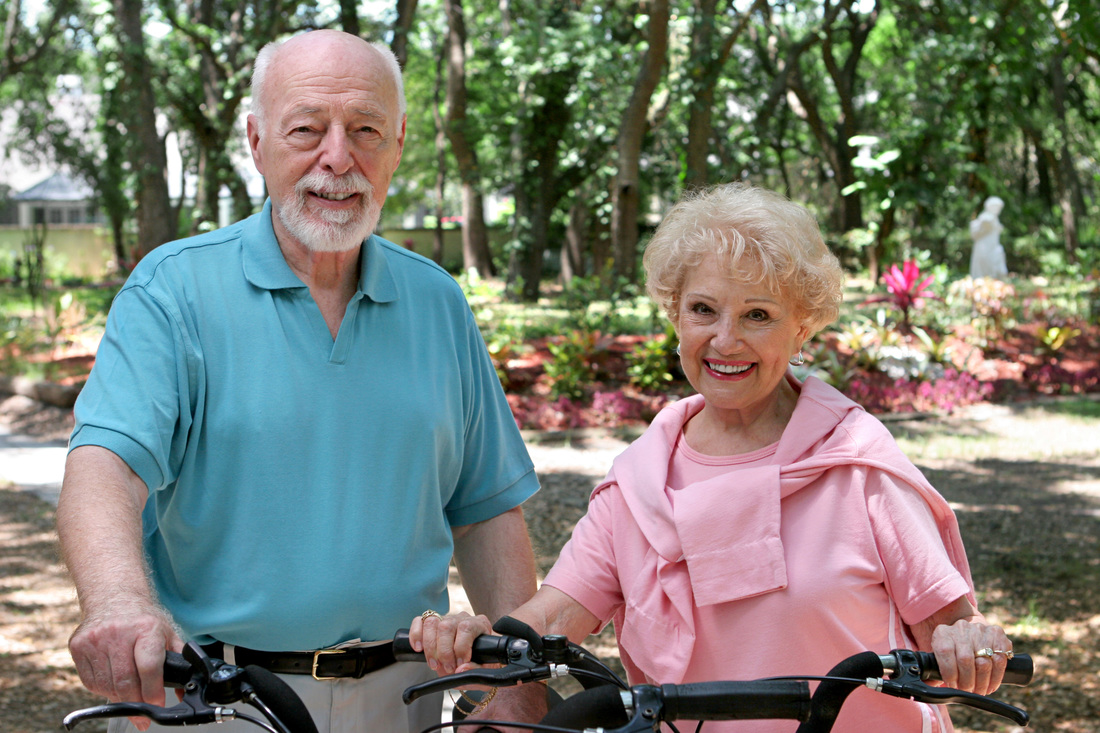REQUIREMENTS OF PERMANENT RESIDENCY IN NICARAGUA
REQUIREMENTS OF PERMANENT RESIDENCY IN NICARAGUA

Are you considering a move to Nicaragua? Whether for the perfect waves and sunny beaches, the vibrant culture, or to get away from it all, gaining permanent residency in Nicaragua is not as complicated as it seems. While each country has different requirements for permanent residence status, Nicaragua has some of the most straightforward regulations and processes. This blog post will explore the requirements for permanent residency in Nicaragua—from financial obligations to language proficiency. Read on to learn about the steps you need to take to make your dream of living in Central America a reality!
Residency requirements for foreigners in Nicaragua
There are different residency requirements for foreigners in Nicaragua, depending on their nationality. For example, citizens of some countries may enter Nicaragua without a visa and stay for up to 90 days, while citizens of other countries may need to obtain a visa before entering the country.
Once the requirements have been obtained, foreigners can apply for permanent residence by presenting the following documents and additional documentation to the Central Directorate of Migration and Immigration of Nicaragua (DGME):
- Passport with at least six months of validity remaining.
- Birth certificate.
- Police records from their home country.
- Medical Record from a licensed physician stating that they do not have any contagious diseases.
- Proof of financial means to support themselves during their stay in Nicaragua (e.g., bank statements, employment contract, etc.).
Once the requirements have been obtained, foreigners can apply for permanent residence by presenting the following additional documents to the Central Directorate of Migration and Immigration of Nicaragua (DGME):
- Proof of Nicaraguan mailing address (e.g., utility bills, lease agreement, etc.)
- Marriage Certificate (if applicable)
- Children’s Birth Certificates (if applicable)
How to obtain a residency visa in Nicaragua
There are a few requirements that must be met to obtain a residency visa in Nicaragua:
- You must have a passport that is valid for at least six months.
- You must have proof of financial stability, such as a bank statement or letter from an employer.
- You must have a clean criminal record.
- You must apply to the Nicaraguan consulate nearest you.
Types of residency visas available in Nicaragua
- There are four types of residency visas available in Nicaragua: The Temporary Residency Visa, the Permanent Residency Visa, the Retirement Visa, and the Investor Visa.
- The Temporary Residency Visa is valid for one year and can be renewed for up to three years. After that, you must apply for a Permanent Residency Visa. The Temporary Residency Visa allows you to work in Nicaragua.
- The Permanent Residency Visa is valid for five years and can be renewed indefinitely. In addition, the Permanent Residency Visa allows you to work in Nicaragua.
- The Retirement Visa is valid for one year and can be renewed indefinitely. Unfortunately, the Retirement Visa does not allow you to work in Nicaragua.
- The Investor Visa is valid for one year and can be renewed indefinitely. In addition, the Investor Visa allows you to work in Nicaragua.
What are the benefits of Residency as Retiree or Rentier in Nicaragua
Nicaragua is a beautiful country with a lot to offer its residents. The benefits of residency in Nicaragua include access to the country’s stunning natural landscape, its friendly people, and its affordable cost of living.
Nicaragua is fast becoming a popular destination for retirees and digital nomads worldwide. The relaxed pace of life, the low cost of living, and the friendliness of the locals make it an attractive place to live.
There are many benefits to residency in Nicaragua. The residence gives you access to government services and allows you to buy property in the country. It also allows you to work in Nicaragua and access the public health system.
Note: Nicaraguan Law 694, called: LEY DE PROMOCION DE INGRESO DE RESIDENTES PENSIONADOS Y RESIDENTES RENTISTAS”. or “LAW FOR INCOME PROMOTION OF PENSIONER RESIDENTS AND RENTAL RESIDENTS.”
THE BENEFITS ARE:
- Right to Residence for five years.
- Exemption from the payment of the ticket to leave the country of departure for the applicant/resident.
- A tax exemption for a vehicle CIF (Cost, Insurance and Freight), of thirteen thousand dollars ($13,000.00); if the price of the vehicle is higher, the Resident will pay taxes on the difference. This vehicle can be traded tax-free every four years. Vehicles can be imported from the applicant’s country of origin or purchased in Nicaragua in both cases there will be tax exemption.
- A tax exemption of twenty thousand dollars ($20,000.00) for household items. There is a whole list of items that can be considered household items. that is to say: “household goods are the new or used goods that help or allow to live comfortably in a house”.
- A tax exemption of fifty thousand dollars ($50,000.00) from VAT (value added tax) on construction materials to build a house to live in (buy it locally).
- VAT tax exemption on the Resident’s rental cars, for their personal use in Nicaragua.
REQUIREMENTS: PEOPLE WHO WISH TO APPLY AND OBTAIN THESE BENEFITS MUST SUBMIT THESE DOCUMENTS:
- Application form.
- Certification of income
- Birth certificate
- two photographs
- Health certificate
- Passport photocopy
- Marriage certificate (when applicable)
- Criminal record
- List of household items and vehicle documentation
- Naturalization Certificate for people who have a nationality different from that of their country of birth.
All documentation must be Apostilled (for those member countries of The Hague Convention for Public Documents) or Authenticated by the Ministry of Foreign Affairs. And if applicable, all the documentation that is in another language must be translated into the official Spanish language through a Public Deed through an authorized Notary Public for more than 10 years in the exercise of their functions.
For those applicants from the US, the documents can be notarized at each Secretary of State in the State in which they were issued.
For example, if the applicant lives in California, their police record, pension letter, and health certificate must be apostilled by the Secretary of State; however, if this person was born in Florida, the birth certificate must be apostilled by the Florida Secretary of State.
Because Canada is not a party to The Hague Convention for Public Documents, therefore Canadians have to go another way, they have to Authenticate their documents at the Canadian Department of Foreign Affairs, Trade and Development first and then at the Nicaraguan Consulate in Washington DC., and finally at the Nicaraguan Foreign Ministry in Managua.
The objective of this Law 694 called: “LAW FOR THE PROMOTION OF INCOME OF PENSIONED RESIDENTS AND RENTAL RESIDENTS” is the promotion of Special Tourism, and gives many people the opportunity to come to Nicaragua to live for a long period of time as a Resident (five years).
It is imperative to demonstrate that the applicant will have income for the next five years, such as a pension from the Social Security Administration or any other type of pension or private investment income. The law grants server benefits for people who qualify, retirees, for example, such as residency and tax benefits as well.
Dependents may be applicant’s parents, spouse (husband or wife), children under 18; or any other relative in the four degrees who are dependents of the applicant. The applicant must demonstrate an income of approximately US$150 for each dependent.
PROHIBITIONS:
- The Resident cannot work in Nicaragua with government money; but he may make private investments in a business and make investments in real estate in excess of seventy-five thousand dollars ($75,000.00) in Nicaragua in accordance with the approval of the Ministry of Economy and Development. People such as scientists or professors from Universities or Research Institutes may work in Nicaragua.
- People who build a house for personal or private use, with exemption from taxes on construction materials, cannot dispose of/sell the house for ten years or must pay taxes on those materials.
- Get involved in the internal politics of Nicaragua.
ELIGIBILITY REQUIREMENTS:
Age required to apply: The legal age in accordance with the law to apply for both Retired or Private Income applicants is forty-five years. However, the same Law in its article 23 exempts people who were previously retired due to disability (reasons medical) or with clearly proven private income.
Note: Nicaraguans who have resided abroad for more than ten years and have income from abroad, in accordance with the Law, may also take advantage of the benefits of this Law. At Los Cisneros Law we are specialists in this matter and we are ready to serve you.
ADDITIONAL INFORMATION:
- When a foreign person enters Nicaragua they will receive a tourist visa, Canadian and US citizens will receive a visa for 90 that can be renewed for another 90 days, if during this time they are in the process of obtaining residency, it will be mandatory to renew it. The Visa will be granted until the residence and the ID will be received.
- The immigration fee for retirees or rentiers is $250 US dollars.
- Exit visa. At the time of delivery of the residence card or identity card to the resident, it will be mandatory to pay an exit Visa to leave Nicaragua, this is a fairly simple process, the resident must complete a one-page form, in Spanish, and make the pay. It can be for one, three, six months or even a year. In the main cities there is a branch of the Department of Immigration.
- The residence as a retiree or rentier will have as a note: Condition 2. That is, permanent without the right to work
- After 5 years, the resident must submit an application to the INTUR to obtain residence for 5 more years. It will be mandatory to present proof of income from your country and a police record from Nicaragua.
So, what are the benefits of residency in Nicaragua?
Nicaragua is a beautiful country with a lot to offer its residents. The benefits of residency in Nicaragua include access to the country’s stunning natural scenery, its friendly people, and its affordable cost of living.
Nicaragua is quickly becoming a popular destination for retirees and digital nomads from all over the world. The relaxed pace of life, the low cost of living, and the friendly locals make it an attractive place to live.
There are many benefits to residency in Nicaragua. The residency gives you access to government services and allows you to buy property in the country. It also allows you to work in Nicaragua and access the public healthcare system.
Conclusion
We hope this article has helped you understand the requirements of permanent residency in Nicaragua. Obtaining a permanent residence visa is challenging and requires the applicant’s diligence and patience. However, if you meet all the criteria outlined here, your path to obtaining a successful residency application should be smooth sailing. With working visas increasingly challenging due to current global conditions, applying for permanent residency in Nicaragua may be the perfect solution for many foreign nationals looking for stable employment abroad.
This is an informative article. However, it is not legal advice.
Cite this Article
